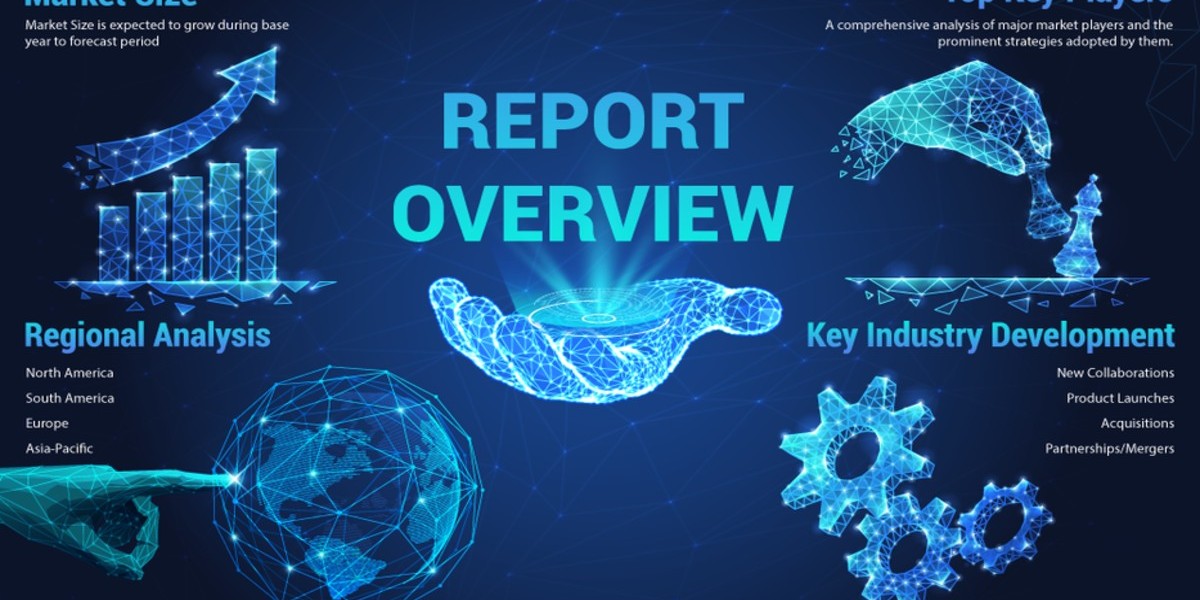The scarcity of organs for transplantation has given rise to ethical debates surrounding the buying and selling of human organs. This article delves into the complexities of organ transactions, examining the ethical considerations, potential consequences, and alternative solutions to address the global demand for life-saving transplants.
- The Organ Shortage Dilemma:
The increasing demand for organ transplants far exceeds the available supply, leading to prolonged waiting lists and, tragically, the loss of lives. The organ shortage dilemma has prompted discussions about potential solutions, including the controversial concept of organ selling.
- Ethical Concerns:
The notion of buying and selling human organs raises profound ethical questions. Critics argue that commodifying body parts may exploit the vulnerable, commoditize the human body, and create a system where only the affluent can access life-saving organs.
- Exploitation and Vulnerability:
One of the primary ethical concerns surrounding organ selling is the potential exploitation of vulnerable individuals who may be driven by financial desperation to sell their organs. Critics argue that this practice could disproportionately affect marginalized communities.
- Informed Consent and Autonomy:
Ensuring genuine informed consent and autonomy from organ sellers is a critical aspect of ethical considerations. The power dynamics involved, especially in situations of economic disparity, pose challenges to achieving true voluntary and informed consent.
- Black Market Organ Trade:
The illegal organ trade, often driven by desperation and lack of legal alternatives, presents a darker side to organ transactions. Black market activities can lead to exploitation, organ trafficking, and a range of ethical and legal issues.
- Alternatives to Organ Selling:
While addressing the organ shortage is imperative, alternative solutions that align with ethical principles are essential. Initiatives such as increased organ donations, better organ allocation systems, and public awareness campaigns can contribute to a more ethical and sustainable approach.
- Legal Frameworks and Regulation:
Establishing clear legal frameworks and robust regulations is crucial in mitigating the ethical concerns associated with organ transactions. Proper oversight ensures transparency, safeguards against exploitation, and protects the rights of both organ donors and recipients.
- Global Collaboration:
Given the global nature of organ trafficking and transplantation, international collaboration is vital. Coordinated efforts among nations can help establish ethical standards, share best practices, and combat illegal organ trade across borders.
Conclusion:
The debate surrounding the buying and selling of human organs is complex, involving profound ethical considerations, societal values, and the imperative to save lives. While the ethical dilemmas are challenging, it is essential to explore alternative solutions and foster a global commitment to addressing the organ shortage crisis in a manner that upholds human dignity, autonomy, and justice.


